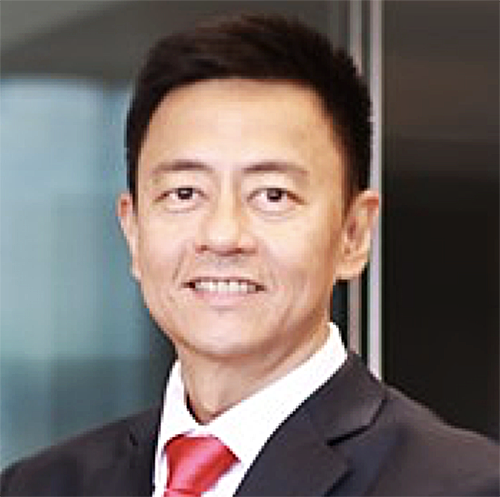On June 15, Vodafone Espana launched 5G services in 15 Spanish cities, offering connections five times faster than existing 4G, which will then increase to ten times faster by the end of the year.
Vodafone Espana has been working closely with Huawei. In addition, Sweden’s Ericsson will be providing the hardware for the data network.
According to Vodafone Espana, the 5G mobile network covers 15 major Spanish cities including Madrid, Barcelona, Valencia and Seville. Around half of the residents in these cities will initially have coverage.
Huawei Spain is a core equipment supplier for the project. The two companies have had close cooperation for more than 10 years. Vodafone will commercialize 5G services to users in seven cities in Britain from July 3 this year, and 5G roaming coverage in Britain, Italy, and Germany will be available this summer.
Early 5G services have already been rolled out in the UK and Switzerland, where BT subsidiary EE and the Swiss carrier Sunrise respectively have both used Huawei technology.
At the end of May, Jin Yong, chief executive officer of Huawei Spain, told Xinhua that most of Huawei's partners in Spain have decided to continue to work with the company, in spite of US sanctions on the grounds that it represents a security risk.
So far, Spain, Germany, the UK and the Netherlands have not banned Huawei from participating in the building of their 5G networks, though the US is increasing pressure on the company.
Germany completed its auction for 5G spectrum on June 12, with a total of four telecommunications companies paying 6.55 billion euros (US$7.36 billion) to roll out the new 5G standard right across the country, including in rural areas.
Deutsche Telekom bought packages for 2.2 billion euros, Vodafone for 1.9 billion euros, Telefonica for 1.4 billion euros and newcomer 1&1 Drillisch for 1.1 billion euros. The latter is a United Internet subsidiary, and took part in such an auction for the first time.
A Huawei executive told Xinhua that Huawei was still assuming it will help build up the 5G network in Germany. Huawei is currently a supplier for the LTE (Long Term Evolution) networks of Deutsche Telekom, Telefonica Deutschland and Vodafone Deutschland.
The German consumer protection organization welcomed the addition of a fourth network operator in the future, bringing more price competition. The established players however warned that United Internet might want to invest mainly in big cities and then buy capacity in rural areas from them.
Jan-Erik Walter of Telefonica commented that it could not be allowed that "our employees have to pay the bill to make our infrastructure cheaply available to a low-cost competitor," adding that "in the long run, our companies would only invest less instead of more."
At present, 5G is just being introduced in large cities, but European governments are demanding that networks have full coverage, including in rural areas.
The UK remains under intense pressure from the US to exclude Huawei, because of the very close cooperation between the two countries on the sharing of intelligence, including that gathered by the GCHQ facility.
With Theresa May having formally stepped down as Conservative Party leader, and thus carrying on as Prime Minister in a caretaker capacity, Washington sees the opportunity to address the issue with the next Prime Minister, expected to be installed in 10 Downing Street in July.
Meanwhile, Huawei continues to lobby hard in the UK, stressing that its entire future economic relationship could be harmed if Huawei is blocked.
In the US, the firm also continues to challenge Section 889 of the 2019 National Defense Authorization Act (2019 NDAA), which was used by President Donald Trump to ban Huawei, while not specifically naming the company.
"Banning Huawei using cybersecurity as an excuse “will do nothing to make networks more secure. They provide a false sense of security, and distract attention from the real challenges we face,” Song Liuping, Huawei’s chief legal officer, commented in late May. “Politicians in the US are using the strength of an entire nation to come after a private company,” he added. “This is not normal.”
The move by Washington is already having an effect on Huawei’s smartphone sales in Germany, local media have reported.
Customers are concerned that they will not be able to access Google’s Android operating system updates. After a review period was announced, Google currently has until mid-August before restrictions are likely to be placed on its operating systems on Huawei phones.









